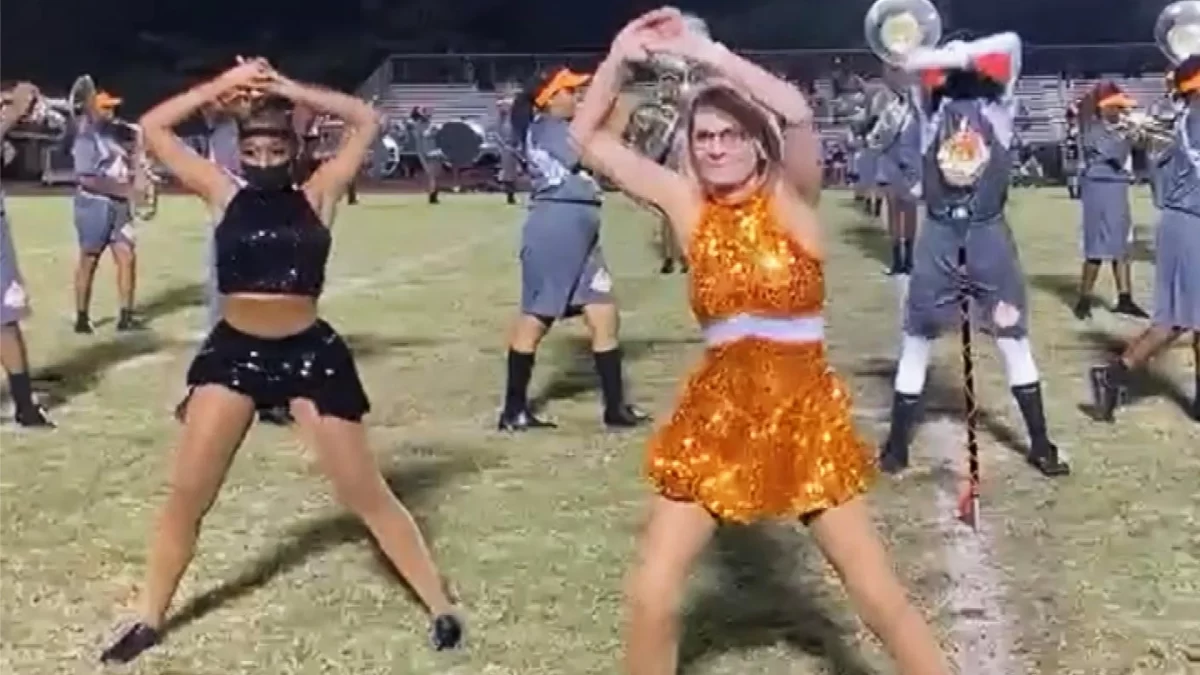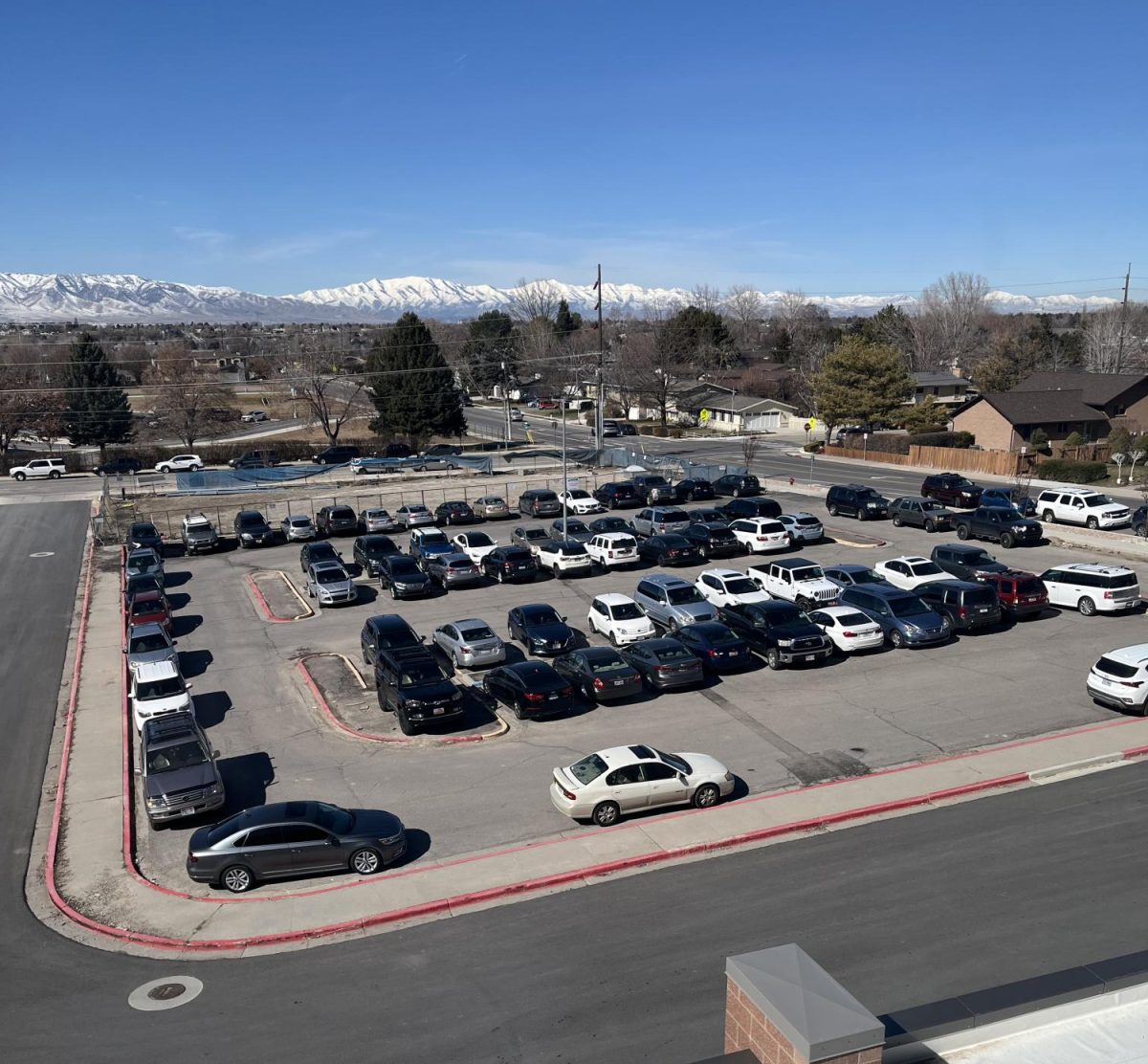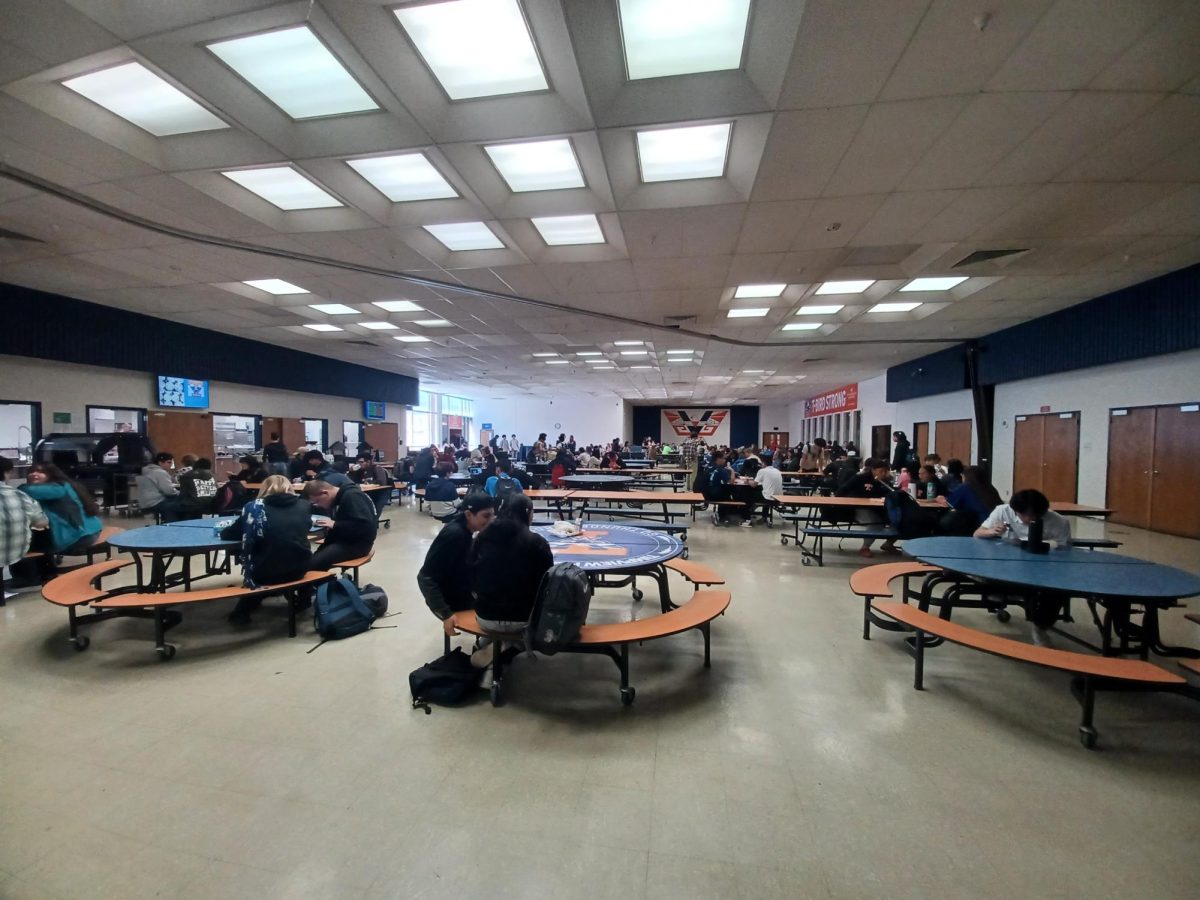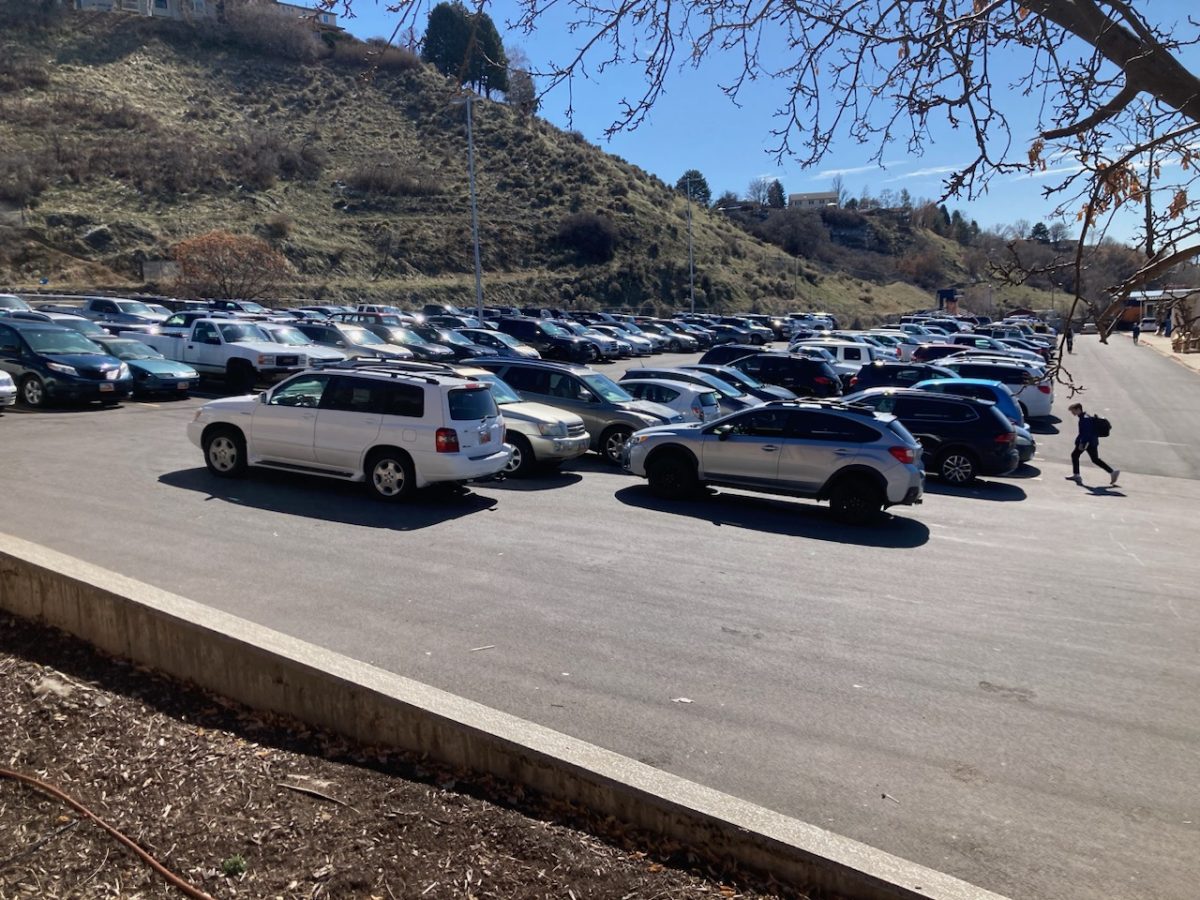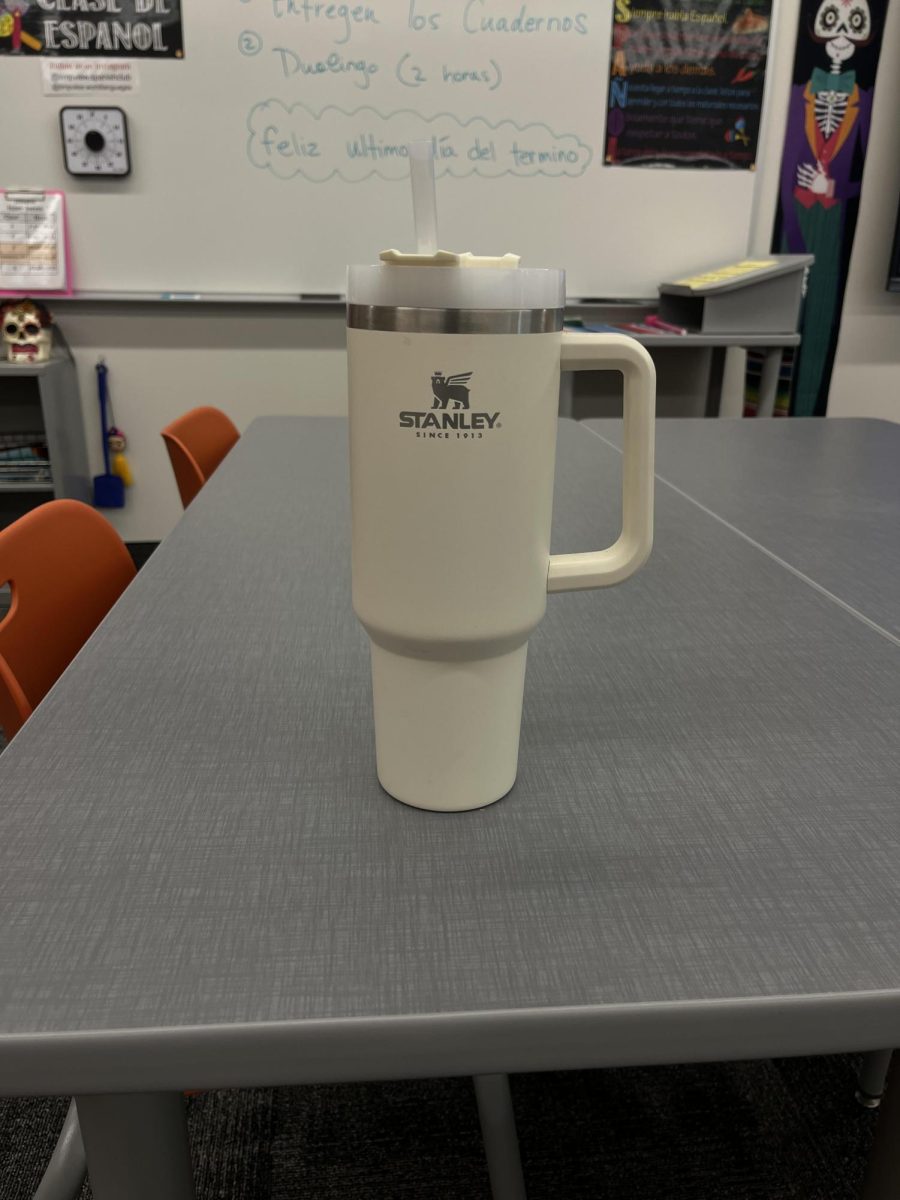Arno Melkonyan (18) was born in Armenia. Despite growing up over 6,000 miles from Provo, Utah, he has much in common with the average American teenager. He loves music. He is a composer and will attend Berklee College of Music in January of 2023. He plays the piano and guitar and frequently attends concerts. Melkonyan is fluent in three languages and speaks English better than most Americans. However, despite his similar interests, Melkonyan’s eighteenth year of life has many more complications than not having a date to prom or missing his queue at graduation.
Having spent his formative years in Armenia, Melkonyan is not unfamiliar with conflict. Starting in the early 20th century, Armenians were massacred by the Ottoman Empire. One million Armenians were executed or forcefully deported. But the violence did not stop there. After the fall of the Soviet Union, Russia gave Nagorno Karabakh (Artsakh in Armenian) to Azerbaijan, despite the presence of ethnic Armenians within its borders. As one might expect, the recently liberated Armenians rejected the notion that they were to become part of Azerbaijan, and revolts arose. The Russian government eventually arranged a peace treaty after much conflict. Both Armenian and Azerbaijan were made sovereign nations, and Artsakh was awarded to Armenia–although Russian peacekeepers remain in the region to this day. For the last thirty years, Artsakh has been a disputed territory, and Azeri invasions into the territory are a common occurrence, despite the presence of the peacekeepers. Because of this, Melkonyan is well-versed in conflict–but the most recent invasion is much more terrifying.
On September 13th, 2022, Azerbaijan invaded sovereign Armenian land, with no regard for civilians. Azeri forces have destroyed nurseries, schools, and homes, causing Armenian citizens to fear for their lives. Now, nearly two months later, after committing executions and war crimes, Azerbaijan has progressed ten kilometers past the Armenian border.
When asked what prompted Azerbaijan to invade sovereign Armenian territory, Melkonyan gives two explanations. “First, the president of Azerbaijan (Ilham Aliyev) believes that Artsakh, and the Armenians living within its borders, belong to him” Melkonyan explains. “He is quoted as saying, ‘The Armenians living in Karabakh are our citizens. We will not discuss their fate or future life with any country, including Armenia.’ But that’s not true.”
As demonstrated by their previous refusal to live under Azeri rule, those living within Artsahk view themselves as Armenian, not Azeri, and their reasoning for this identification is quite persuasive. In addition to speaking Armenian and adhering to Christianity, the official religion of Armenia, the inhabitants of Artsakh are genetically Armenian, not Azeri, proving that their loyalty to Armenia is rooted in something much deeper than nationality. But that isn’t enough for President Aliyev.
Melkonyan’s second explanation of what led to the conflict is a “provocation”. Although there is no evidence of Armenian military activity anywhere near the area of the invasion, this is what Aliyev is pushing. And, as the heir to a hereditary dictatorship, he sells this story to citizens–and the rest of the world.
The United States has yet to report or interfere in the conflict, and the same goes for the European Union. As a western reader, I request that you think about what has been discussed in the news for the last two months–inflation, midterms, abortion, Roe v. Wade, the Russia-Ukraine conflict, the election of Giorgia Meloni in Italy, and the protests in Iran. Have you heard of the Armenian conflict? Has your social justice warrior aunt or cousin posted a picture of the Armenian flag with the touching but overused slogan “Stand with ___” over it? The answer is most likely no, and the reason why is quite simple.
Western media has avoided covering the Armenian conflict because of money. As the Russia-Ukraine conflict progresses, more countries grant aid to Ukraine, in turn losing oil rights in Russian territory–but that loss hadn’t affected them too greatly, all because they could get oil from Azerbaijan. But now that Azerbaijan is involved in a conflict, the west has to choose: would they prefer to continue to buy oil from Russia, a historical enemy, or Azerbaijan, a nation that isn’t an ally, but is traditionally anti-Soviet? The answer is quite clear. But just because the answer is clear doesn’t mean it’s right.
Western media has been flooded with the story of Mahsa Amini, an Iranian woman, being beaten and killed for not properly wearing her hijab–and rightly so. Amini’s death was a disgusting violation of human rights, and the public condemnation of her murder by global media outlets is an excellent strategy to change the policy that led to her death. However, this story shows the west’s bias. A similar event occurred in Armenia just after Azerbaijan began to invade. Anush Apetyan, an Armenian soldier, was captured, raped, and mutilated by Azeri forces. Not only was Apetyan tortured, but her death was filmed and posted on YouTube as a means of scaring Armenia into submission. Western media has been utterly silent. Her name has not been spoken by a host at CNN, and her picture has not been posted by BBC–all because of the financial repercussions. But the murder of Apetyan and the destruction of Armenian homes isn’t the only tragedy that may occur if the conflict continues to be ignored.
As teenagers in the United States, we often assume that violent conflicts affect only adults. We think of soldiers being grown men and women, but in many countries, they are the same age as you and me–teenagers and young adults. Melkonyan informed me that Armenia has required military service for all young adults. At the age of eighteen, every citizen enters the military for two years. However, with their country being on the brink of war, it is possible that the age of service will be reduced, and the number of required years increased. Imagine that this was you: you have just graduated from high school, and you’re looking forward to beginning college, moving out, and becoming independent, but it’s all taken away from you in the blink of an eye. At the age of eighteen, seventeen, or maybe even sixteen, you are taken away from your family, friends, and future to defend your home from invaders. This horrifying situation is a reality for Melkonyan and many of his peers.
The frustrations of an American teenager cannot compare to this tragic loss of adolescence. We complain about not going to the big dance, missing our queues in the musical, losing at football, or having to spend most of our minimum wage salary on gas, but we all still have our lives. We are not in imminent danger from an invader, we are not threatened by the possibility of lengthened military service, and, while gas might be expensive, we are not being forced to give our lives to preserve the west’s access to cheap gas. Remember that the next time your late-night drive is more expensive than you would have liked.
If allowed to continue, the conflict between Armenia and Azerbaijan will take thousands of young men and women away from their families. Being sent away to protect their country, many will lose their futures. Their lives will end in bloody conflict, without the opportunity to pursue higher education, begin their career, or start a family–opportunities American teenagers often take for granted. All those fun teenage memories and exciting future plans will end because of the west’s negligence.
Think of your loved ones–your brothers, sisters, sons, cousins, and friends. What future do you want for them? Do you want their life plans cut short by violence and fear? Would you be willing to give your life, or the lives of your friends and family, for the oil rights of a nation that turned a blind eye to your suffering? I wouldn’t let your loved ones fight for such an unworthy cause, and I’d hope that you wouldn’t let mine do so either.
But what can be done about this conflict? How can students at a high school over 6,000 miles away solve the problem? I, too, asked Melkonyan this question, and his response was quite profound.
“Don’t let it get swept under the rug.”
Spread awareness. If you have social media, share the conflict on your story. Tell your friends and family about the human rights abuses that are being enabled by western greed. Donate to funds for refugees, and ask others to do the same. Use your freedom of speech. Host rallies and spread the word. And lastly, contact your political leaders. Ask your state representatives and senators to do something. Your actions may not accomplish much individually, but if we create a disturbance, we could force the United States and Europe to value human rights more than cheap oil, and, at the very least, we were not complicit in the murder of children.
This conflict could end very simply. The citizens of the west could raise their voices and persuade our slothful, greedy governments to support the Armenian cause for peace, or, we could sit quietly and allow hundreds of thousands of teenagers to sacrifice their teenage fun for ours, keeping our cheap gas and long, eventful weekends of excitement.
So, what will it be? Cheap gas, or the preservation of teenage life for Armenian teenagers?
The choice is yours.



